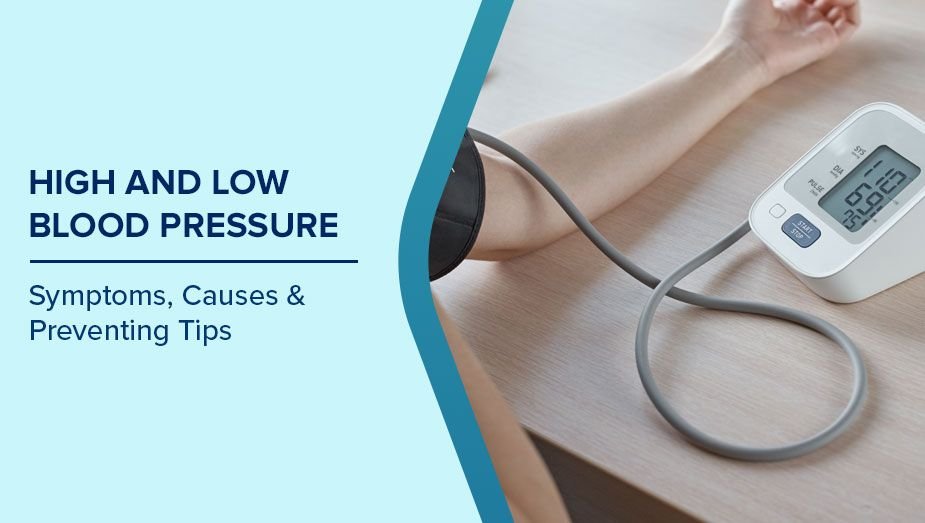- Post By - Dr . Devel Patel Hospital
- Post Date - 2025-06-19
Understanding the Risks of High Blood Pressure
High blood pressure, also known as hypertension, is often called the "silent killer" — and for good reason. Many people live with it for years without realizing they have it. Despite the lack of obvious symptoms, high blood pressure can significantly increase the risk of serious health problems if left unmanaged.
What is High Blood Pressure?
Blood pressure measures the force of blood pushing against the walls of your arteries. It's recorded as two numbers:
- Systolic pressure (top number): the pressure when your heart beats.
- Diastolic pressure (bottom number): the pressure when your heart rests between beats.
Why High Blood Pressureis Dangerous
Although it may not cause symptoms right away, high blood pressure can silently damage your body over time. Here's how:
1. Heart Disease
Hypertension forces your heart to work harder to pump blood, which can lead to an enlarged heart and eventually heart failure. It also increases the risk of heart attacks due to damage to your arteries.
2. Stroke
High blood pressure can cause or contribute to strokes by damaging and weakening blood vessels in the brain, making them more likely to clog or burst.
3. Kidney Damage
Your kidneys filter waste from your blood. High blood pressure can damage the arteries around the kidneys, reducing their ability to function properly and possibly leading to kidney failure.
4. Vision Loss
The tiny blood vessels in your eyes can be affected by high blood pressure, leading to conditions like hypertensive retinopathy, which can impair vision or even cause blindness.
5. Cognitive Issues
There is growing evidence that high blood pressure may be linked to problems with memory, learning, and dementia — particularly vascular dementia caused by reduced blood flow to the brain.
Who is at Risk?
-
Age (risk increases as you get older)
-
Poor diet (especially high salt intake)
- Lack of physical activity
- Smoking
- Excessive alcohol consumption
- Obesity
- Chronic stress
What You Can Do
The good news is that high blood pressure is manageable — and often preventable.
- Monitor your blood pressure regularly.
- Maintain a healthy weight.
- Adopt a heart-healthy diet
- Reduce salt intake.
- Exercise regularly.
- Limit alcohol and quit smoking.
- Manage stress through techniques like meditation, deep breathing, or yoga.
Final Thoughts
High blood pressure may be silent, but its impact can be life-altering. Left unchecked, it increases your risk of heart disease, stroke, kidney damage, and more. The good news is — it’s manageable.With regular monitoring, healthy lifestyle changes, and medical support if needed, you can take control and protect your long-term health. Don’t wait for symptoms. Act now and keep your heart strong for years to come.
 24/7 Medical Service
24/7 Medical Service
 24/7 Ambulance Service
24/7 Ambulance Service
 Emergency Service -
Emergency Service - 

